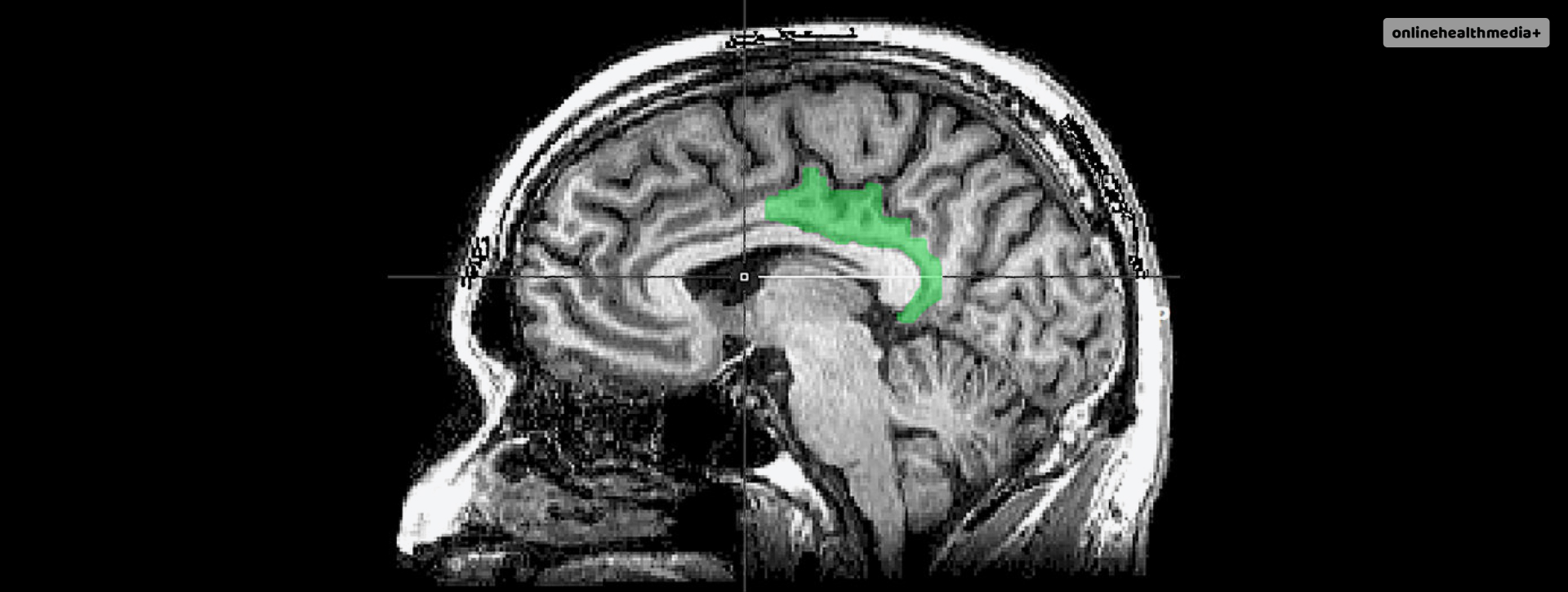Neuroscience of Traumatic Memories: A Breakthrough in PTSD Research
Researchers from Yale University and the Icahn School of Medicine at Mount Sinai have uncovered distinct pathways in the brain associated with traumatic memories, shedding light on the nature of post-traumatic stress disorder (PTSD) (Source: NY Times).
In a groundbreaking study published in the journal Nature Neuroscience, the team conducted brain scans on 28 individuals with PTSD while they listened to recorded narrations of their own memories.
The recorded memories varied in emotional content, ranging from neutral to “sad” and traumatic experiences such as sexual assaults, fires, school shootings, and terrorist attacks. The results revealed clear differences in brain activity.
When participants listened to sad memories, characterized by events like the death of a family member, the hippocampus, responsible for organizing and contextualizing memories, showed consistently high engagement.
However, when participants listened to traumatic memories, the hippocampus was not involved. Instead, the study suggests that traumatic memories are experienced differently in the brain, described as “fragments of prior events, subjugating the present moment.”
This indicates that individuals with PTSD may not perceive traumatic memories as typical memories but rather as immediate and intrusive experiences.
Daniela Schiller, a neuroscientist at the Icahn School of Medicine at Mount Sinai and one of the study’s authors, highlighted the significance of these findings in understanding the brain’s state during traumatic memories.
The study challenges previous notions about PTSD treatment, suggesting that the brain in PTSD might not be in a state of memory but rather a state of present experience.
Dr. Ruth Lanius, director of PTSD research at the University of Western Ontario, who was not involved in the study, praised the findings as “seminal.”
The research establishes that traumatic memories follow distinct pathways in the brain, potentially involving less-explored areas such as the posterior cingulate cortex, known for its role in reliving memories and seeking self-relevance.
These revelations open new avenues for understanding and developing targeted therapies for PTSD, offering a deeper insight into the intricate workings of traumatic memories and their impact on individuals’ experiences.
Also read
- What Are The Benefits Of Acupuncture?
- What To Expect From The Egg Donor Acceptance Process.
- How Has The Online Health Media Educated People About Kratom?



